AO Edited
Jean-Paul Marat's Bathtub at Musée Grévin
A magical, macabre wax museum, beloved by locals, uses real artifacts to depict an assassination from the French Revolution.
At the end of the 19th century, before the press adopted the photograph, prominent Parisian newspaperman Arthur Meyer dreamt of showing his readership the likenesses of these real-life characters on whom they’d never before laid eyes. A wax museum decorated to the nines was deemed just the ticket.
Meyer’s right hand man in achieving this feat was cartoonist, sculptor, and set designer Alfred Grévin, after whom the museum would become named. Together, the men created a museum that has been adored by the public from its debut in June of 1885.
Visiting Musée Grévin has been a rite of passage for many French children for over a century. Yet the charming and oddly spectacular halls of this wax museum remain off the beaten path for most foreign visitors to the City of Lights. Hidden within a tiny building on Blvd. Montmartre, the museum’s hallowed, heavily gilded rococo interior is about as far from Madame Tussaud’s as one can get.
Part of what has made Musée Grévin an icon of Paris for well over a century is the unique balance of magic and horror achieved by the displays themselves. While visitors are enchanted by its rich red walls, the Hall of Mirrors built to deceive, and an illusion show featuring butterflies that appear out of nowhere as vines curl around the room, the historic reality rendered in wax can be quite jarring.
For none is this more true than the wax depiction of Jean-Paul Marat’s death in his own bathtub—literally. On July 13, 1793, Marat, a journalist, politician, and one of the French Revolution’s most radical voice, was killed in his bathtub by rogue assassin Charlotte Corday. Admitted claiming she had sensitive intelligence to provide, Corday stabbed the ailing revolutionary in his carotid artery with a five-inch kitchen knife hidden in her corset.
Marat bled-out in minutes, Corday lost her head at Paris’ thirsty guillotine four days later, and somehow both the blade and bathtub from that notorious deed found their way to the Musée Grévin. Considering wax museums often fall into the uncanny valley, the gruesome depiction of an actual dead man and his murderer in wax is made all the more discomfiting for the added dose of reality thanks to the museum’s clever use of historical artifacts.
Today, school children file by to gawk at the wax rendering of this ghastly moment from a monumental time in their nation’s history, only to discover that the knife is no mere prop, nor will the bathtub before them ever truly be clean.
Know Before You Go
Musée Grévin 10, Boulevard Montmartre 75009 Paris
Note that this street is not in the Montmartre neighborhood. It is in the Opéra area, not far from Galeries Lafayette.
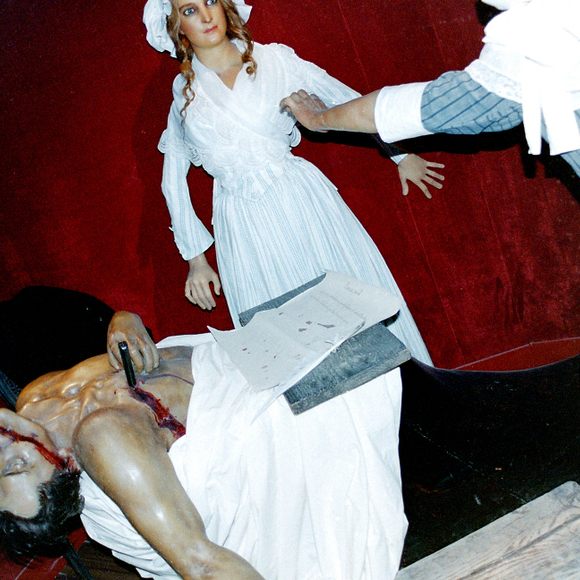

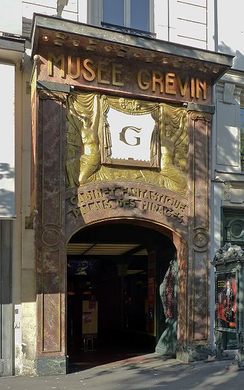

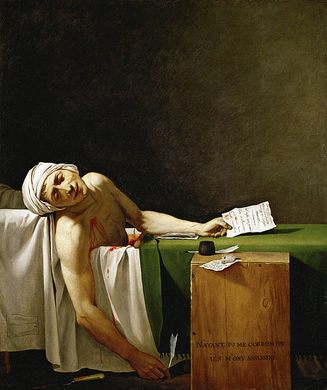












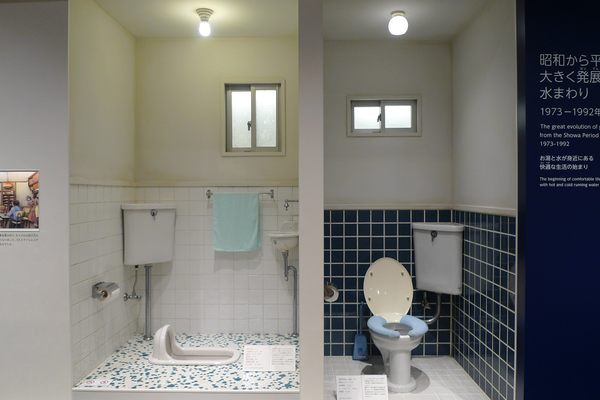

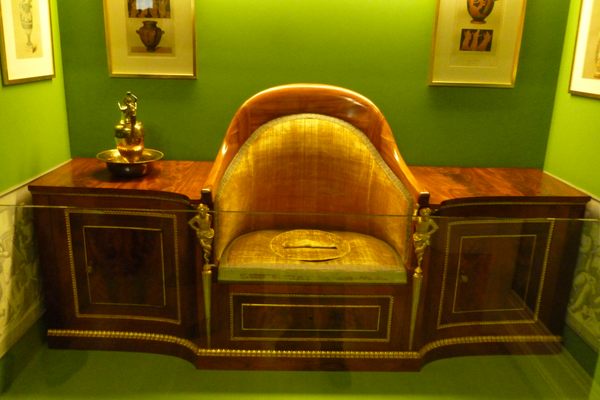


Follow us on Twitter to get the latest on the world's hidden wonders.
Like us on Facebook to get the latest on the world's hidden wonders.
Follow us on Twitter Like us on Facebook